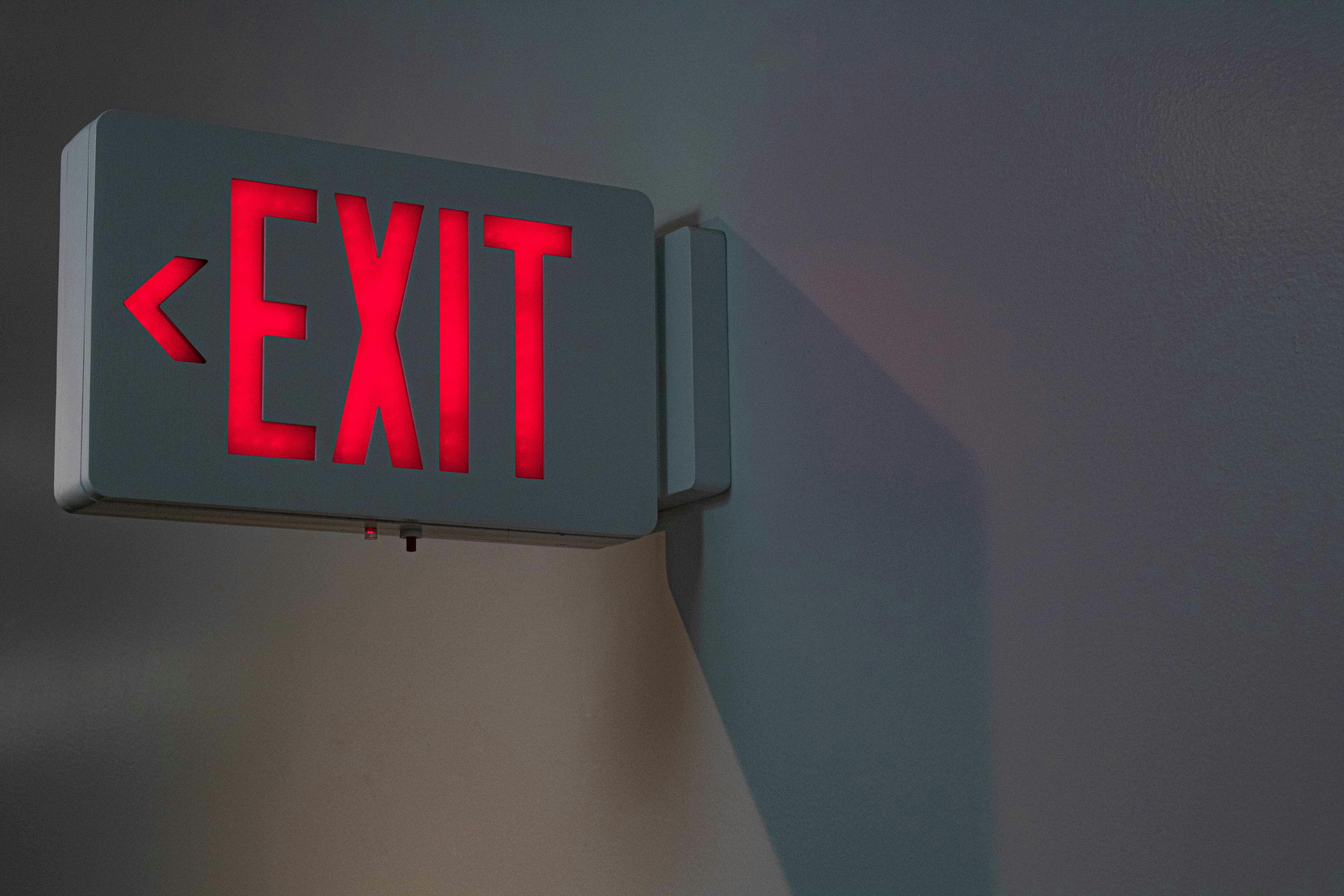Fire Safety Codes and Inspection Requirements in British Columbia (2025)

When it comes to fire protection in British Columbia, compliance isn’t optional—it’s the law. At Radius Fire Protection, we help building owners, property managers, and contractors understand and meet their responsibilities under the BC Building Code (BCBC), BC Fire Code (BCFC), and the most widely used NFPA and CAN/ULC standards.
This guide brings together the key fire safety codes, with direct links to authoritative references, and a detailed inspection and maintenance schedule—so you're ready for audits and emergencies.
1. Owner’s Legal Responsibilities (BC Fire Code)
- Compliance Duty: Unless otherwise specified, the owner or their authorized agent is responsible for carrying out the provisions of the code.
→ BC Fire Code 2024 PDF - Notification Process: Before tests, repairs, or modifications to fire protection systems, owners must notify the fire department and building occupants.
→ BC Fire Code 2024 Overview - Recordkeeping: Logs of inspections, tests, and maintenance must be kept for two years and made available to the Authority Having Jurisdiction (AHJ) upon request.
→ Referenced in NFPA 25 – Inspection, Testing & Maintenance of Water-Based Systems
2. Key Fire Codes & Standards in British Columbia
BC Building Code (2024 Edition)
- Governs new construction, including sprinkler requirements, fire alarm systems, emergency lighting, and exit signage.
- Example: Automatic sprinklers are mandatory in residential buildings of four storeys or more, high-rises, and care facilities.
BC Fire Code (2024 Edition)
- Governs existing buildings, focusing on maintenance, operation, and retrofits.
- Came into effect on March 8, 2024, aligned with the National Fire Code of Canada 2020.
NFPA Standards Commonly Used in BC
- NFPA 72 – Fire Alarm and Signaling Code
- NFPA 13 – Sprinkler System Design
- NFPA 25 – Sprinkler & Standpipe Maintenance
- NFPA 10 – Portable Fire Extinguishers
CAN/ULC Standards (Canadian-Specific)
- CAN/ULC-S536 – Inspection & Testing of Fire Alarm Systems
- CAN/ULC-S561 – Fire Signal Receiving Centres & Systems
- CAN/ULC-S1001 – Integrated Testing of Life Safety Systems
- CAN/ULC-S553 – Installation of Smoke Alarms
3. Fire Protection Inspection & Maintenance Schedule
Below is the BC Fire Code inspection schedule, combining provincial law and NFPA/ULC standards:
FrequencyKey TasksDailyCheck fire alarm AC lamp, central alarm, fire pump rooms (in winter), exit signs, fire doors.WeeklyInspect diesel fire pump (fuel, oil, water), verify sprinkler valves open, test generators, clean kitchen hood filters.MonthlyTest fire alarm/emergency power, voice systems, extinguishers, exit doors, emergency lighting, fire drills in daycares & healthcare facilities.Every 3 MonthsTest sprinkler alarms & waterflow devices, inspect fire department connections, test high-rise emergency systems.Every 6 MonthsInspect and service commercial kitchen suppression systems, conduct school fire drills.AnnuallyFull fire alarm & sprinkler tests (by qualified personnel), hydrant inspection/flow test, standpipe hose inspection, fire safety plan review.Every 3–20 Years3 yrs: dry pipe leak test. 5 yrs: pipe internal inspection & standpipe flow test. 6 yrs: extinguisher recharge. 12 yrs: extinguisher hydro test. 20 yrs: test fast-response sprinklers.
4. Why This Matters for BC Building Owners
- Legal Compliance: Avoid fines and enforcement actions.
- Insurance & Liability: Maintain proper records for insurance claims.
- Life Safety: Ensure systems work during emergencies.
At Radius Fire Protection, we make compliance easy by aligning with the BC Fire Code, NFPA standards, and CAN/ULC standards.
5. Fire Code Compliance FAQs
Q: Where can I download the BC Fire Code 2024?
➡ Official BC Government PDF
Q: When did the BC Fire Code 2024 come into effect?
➡ March 8, 2024. (BC Gov News)
Q: Which standard covers fire alarm testing?
➡ CAN/ULC-S536, required under the BC Fire Code.
Partner With Radius Fire Protection
Based in Vancouver, serving all of British Columbia.
Contact us for fire inspections, system testing, and compliance consulting.




